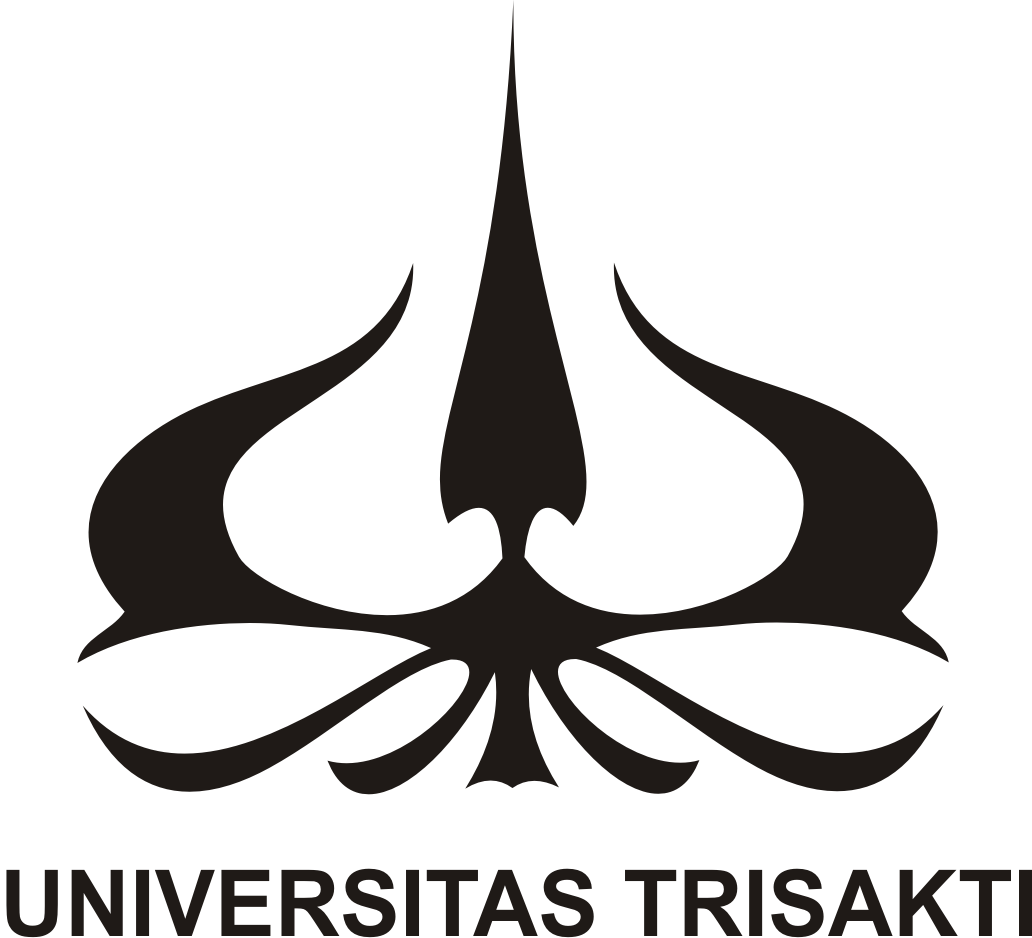- Jalan Kyai Tapa No. 1 Grogol
- Jakarta Barat, Indonesia
- Phone: (62-21) 566 3232
- Fax: (62-21) 564 4270
- Email: humas@trisakti.ac.id
Accounting Courses Description
| SEMESTER 1 | |||
| No | Course Code | Course Title | Description |
| 1 | UBN 200 | BAHASA INDONESIA * | This course aims to equip students with the knowledge and skills to write papers in accordance with generally accepted and applied scientific principles in higher education. The material presented is in the form of knowledge and skills as well as practical rules in scientific writing. Introductory Lectures; development of the Indonesian language; Indonesian with various variations; Diction or word choice; Sentence structure; Paragraphs or paragraphs; Deductive and inductive reasoning and incorrect reasoning; Spelling; Ethics and Techniques of Writing Scientific Essays, Communication Ethics. |
| 2 | UAG 6203 | PENDIDIKAN AGAMA KATOLIK* | This course aims to improve students’ mastery of understanding and application of concepts.The rapid development of science and technology can have both positive and negative impacts on the development of the Catholic faith. Therefore, students need to be equipped with appropriate and comprehensive religious knowledge so that their faith is not eroded by the times. |
| 3 | UAG6202 | PENDIDIKAN KRISTEN * | Contains factual knowledge of the basics of Christian faith as capital to be able to become a future leader who has integrity of faith Christians in every aspect of their lives, namely providing understanding and function religion for humans, harmful manifestations of religion, religion and belief in Indonesia, tolerance and harmony in religious life, patterns/targets of development,three forms of attitudes between interfaith relationships, pluralism according to The Bible, the source of problems of religious harmony/obstacles to pluralism and the values contained in Trisakti University’s Trikarma.; Definition revelation of God, general revelation, special revelation and the Bible, characteristics, occurrence,the descent, content and unity of the Bible, its uniqueness, value and authority Bible.; Understanding the Doctrine of God and Dogmatics, differences and similarities the doctrine of God and dogmatics, the relationship of dogma to the church and the Word of God, dogmatics, confession of faith.; The right attitude to studying doctrine The Triune God, understanding the Triune God and the work of God Trinity (God the Father, God the Son and God the Holy Spirit).; Understanding abouthumans, the origin of humans, God’s purpose in creating humans, the purpose of life humans, the difference between humans and other creations, humans consist of a body,soul and spirit, the meaning of sin, the origin of sin, the process of the fall of man in sin, sin according to the Bible, the nature of sin, the types of sin and the consequences of sin.;Understanding the word salvation, How to get salvation in Jesus Christ, the certainty, basis and conditions of salvation; the meaning of being born again,new life and growth of faith.; Understanding the church, its meaning, essence and duties church.; Understanding the sacraments of baptism and communion |
| 4 | UAG6201 | AGAMA ISLAM | This course aims to improve students’ mastery of the understanding and application of the concept of Humans in carrying out the Main Duties (Servants of Allah SWT) and Functions (Caliph) by adhering to the Values of Faith (Aqidah), Law (Syar’i) and Character (Akhlakul Karimah) Referring to the Sources of Qauliyah and Kauniyah Verses, so that the Student’s Perspective will be able to Serve the Community and the State simultaneously Progressing in Science and Technology and IMTAQ to realize the Welfare of this world and the hereafter |
| 5 | EUE6214 | STATISTIKA DESKRIPTIF + ASISTENSI | This course discusses the concepts and basic understanding of descriptive statistics as a whole such as the meaning of statistics in a narrow and broad sense, the usefulness of statistics, the meaning of data and the usefulness of data, elements, variables, observations, Classification of data collection, measurement scales. Frequency distribution, histogram & polygon curves, Ogive curves. Measurement of central values. Measures of variation/dispersion. Skewness and sharpness. Index numbers. Probability about the basic concepts of probability (Rules of addition and multiplication). marginal, Bayers and mathematical expectations. Probability distributions (Poisson, Binomial, Normal distributions). Periodic data analysis. |
| 6 | EPT6310 | MIKROEKONOMIKA PENGANTAR | This course aims to provide an understanding and explanation of how prices and quantities of goods are formed in markets, particularly output markets. The course material begins with basic concepts of economic theory, including the concepts of supply and demand, equilibrium prices, consumer behavior, production theory, cost theory, and firm equilibrium in both perfectly competitive and imperfectly competitive markets. |
| 7 | EMU6301 | PENGANTAR BISNIS | The Introduction to Business course is a compulsory course for all undergraduate Economics students. It provides a general understanding and appreciation of businesses managed by individuals and business entities that are capable of improving the nation’s economy. This course introduces the meaning and importance of understanding real business, managing a business so that it has value, the influential environment, alternatives for managing it, developing a business towards globalization, managing parties based on organizational hierarchy, production issues, marketing, finance, and human resources in business. It is hoped that this understanding and appreciation of the Introduction to Business material will be beneficial for students in understanding more specific business materials in the future. |
| 8 | EAU6301 | PENGANTAR AKUNTANSI I + ASISTENSI | The course material begins with a basic understanding of financial accounting; the accounting equation; accounting data processing techniques covering the stages in the accounting cycle starting from journals, ledgers and so on; the use of worksheets; preparation of financial reports for service and trading companies. The next material is studying cash, inventory, and receivables accounting. After completing this course, students are expected to have knowledge and understanding of financial accounting records, be able to prepare financial reports for service and trading companies and understand accounting for inventory, cash, and receivables. |


